How to Prevent Heatstroke: The Deadly Condition Sweeping Across Malaysian Children
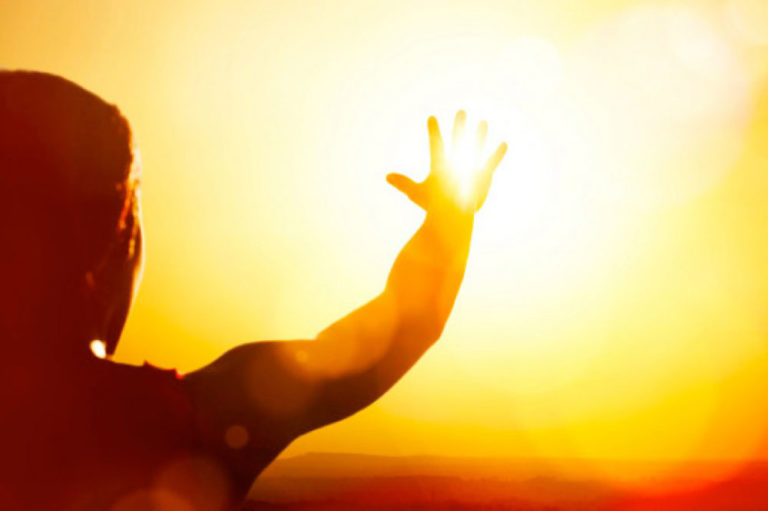 Thirsty for JUICE content? Quench your cravings on our Instagram, TikTok and WhatsApp
Thirsty for JUICE content? Quench your cravings on our Instagram, TikTok and WhatsApp
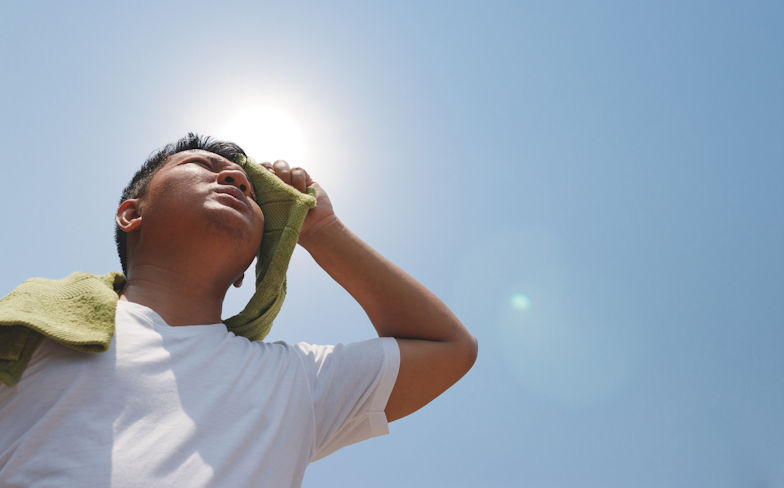
It’s critical to take additional precautions to avoid heatstroke as Malaysia enters the hot and humid season. Numerous cases of heatstroke have been recorded recently within the nation, underscoring the significance of staying safe amid the heat.
Most recently, early investigations indicated that an 11-year-old child in Bachok died of heatstroke combined with acute dehydration, as per a statement released by the director-general of health Datuk Dr. Muhammad Radzi Abu Hassan on Friday, April 28. The boy had passed away on April 25.
Over the past month, three similar cases of heat-related illnesses were in Sarawak, involving two cases of heat cramps, and one of heat exhaustion.
Heatstroke is a perilous condition that develops when the body’s system for regulating temperature malfunctions and the body heats up to dangerous levels. Confusion, headaches, nausea, dizziness, and even seizures represent a few of the symptoms. Heatstroke can be lethal in extreme circumstances.
The following actions are recommended to prevent heatstroke:
Stay hydrated
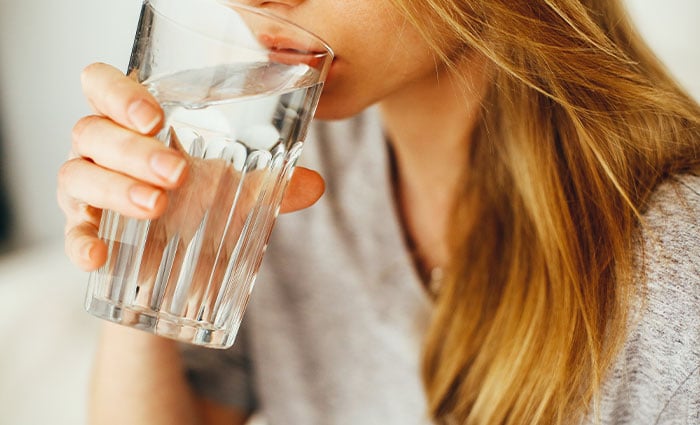
Your body sweats to cool off when you’re outside in the hot weather (Malaysians know this all too well).
We know that you lose fluids when you perspire, and if you fail to replenish them by consuming sufficient amounts of water, you could become dehydrated. Your body’s ability to control its temperature may be hampered by dehydration, thus increasing your risk of heatstroke.
Here’s what we suggest:
- Drink plenty of water: It’s crucial to consume more water than normal when the weather is hot. Aim to consume eight glasses of water a day or more if you tend to spend lots of time outside under the sun.
- Avoid sugary beverages: It’s advisable to stick to water or other non-sugary liquids since sugary beverages like soda and fruit juice may in fact cause you to grow dehydrated. The same applies for alcoholic and caffeinated products.
- Consume foods that are high in water content to stay hydrated. Examples include watermelon, cucumbers, and lettuce. This is a better hack if you’re not the type to lug around a large bottle of water with you, or simply aren’t a big fan of plain water.
Stay cool

Needless to say, the best way to avoid the adverse effects of being under the sun is to try to avoid exposure altogether. This would mean staying indoors in air-conditioned spaces as much as possible, and if you must be outdoors, seek shade or use an umbrella to protect yourself from the sun.
No, your trendy streetwear cap won’t be enough on its own.
Also, if you’re doing physical activity outdoors, it’s best to take regular breaks in a cool, shaded area every chance you get.
Dress appropriately

Lightweight, loose-fitting clothing that allows air to circulate around your body is a staple in this weather, but you don’t necessarily have to turn up in high-waisted shorts to keep cool.
The hues of your clothing also make a huge difference, and it’s therefore advisable to avoid wearing dark colours as they are believed to be more likely to absorb heat. Your goth era will just have to wait, because health comes first!
Use sunscreen
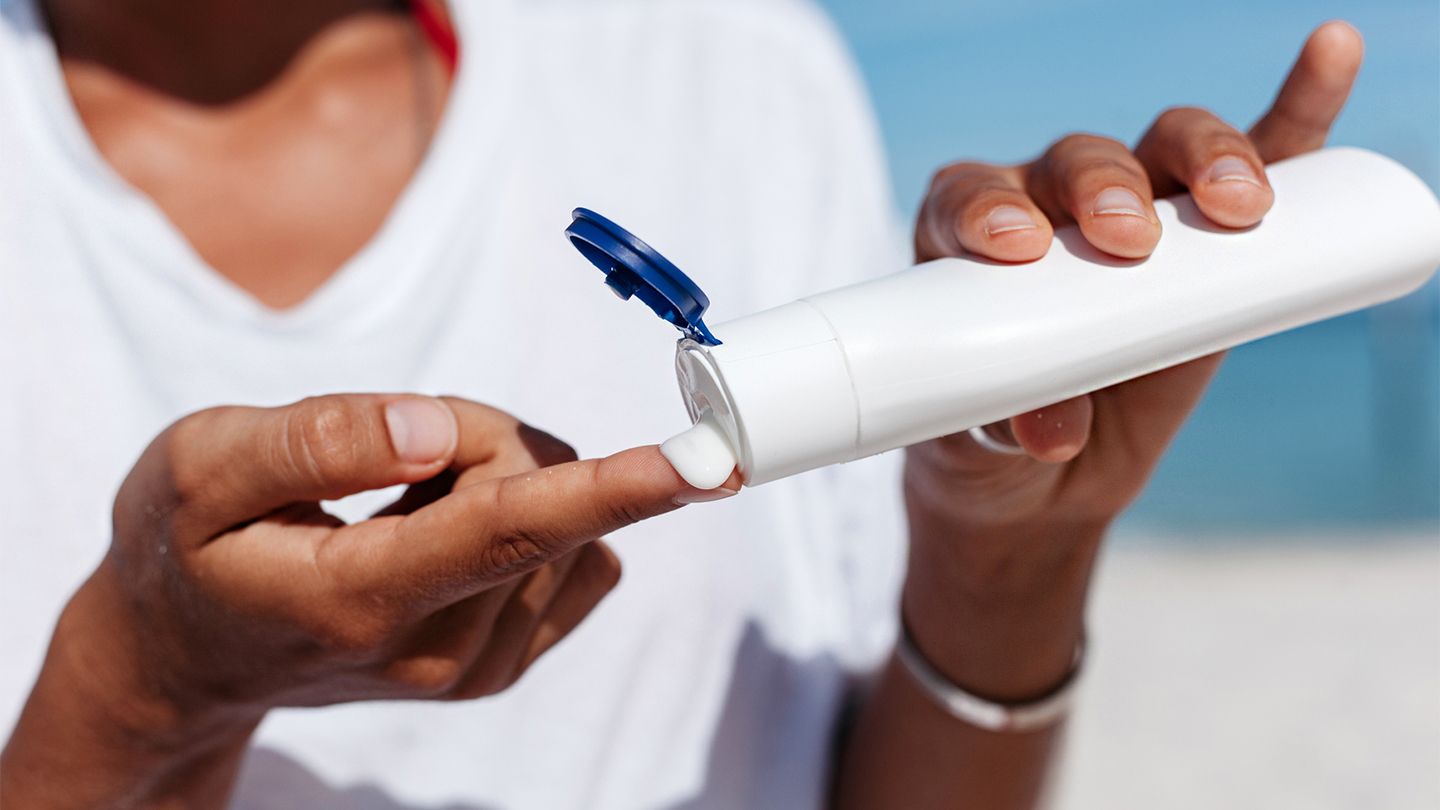
Sunburn can affect your body’s ability to regulate its temperature, so it’s advisable to wear sunscreen with at least SPF 30 and reapply it every few hours for extra protection.
However, keep in mind that while sunscreen might be useful in preventing sunburn, which can worsen heat exhaustion, it cannot be used as a substitute for other preventative measures against heatstroke.
Know the signs
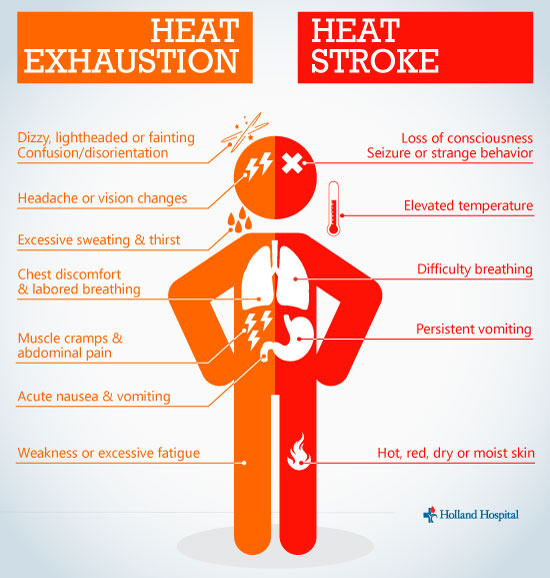
It’s critical to recognise the symptoms of heat exhaustion, which, if untreated, can develop into heatstroke. Heat exhaustion symptoms include intense perspiration, cramping in the muscles, weakness, and fainting.
High-risk groups involve children, senior citizens, and those with chronic diseases, however no particular individual may be considered immune to heat-related illnesses.
Should you exhibit any of the aforementioned symptoms, immediately find a cool, shaded spot where you can sit and relax. Drink water or an electrolyte-containing sports drink, and then apply a damp towel to your skin or use a fan to stay cool.
It’s also important to know the signs in the event that someone else may unknowingly be displaying symptoms. Recognising them and taking prompt action could help save a life.
If you or someone you know is experiencing symptoms of heatstroke, seek medical attention immediately. Heatstroke is a medical emergency and requires timely treatment to prevent serious complications.
Head to the closest medical facility immediately, or dial 999 or 991 to call an ambulance.
*Feature image courtesy of Asian Institute Of Medicine


 Get Audio+
Get Audio+ Hot FM
Hot FM Kool 101
Kool 101 Eight FM
Eight FM Fly FM
Fly FM Molek FM
Molek FM

